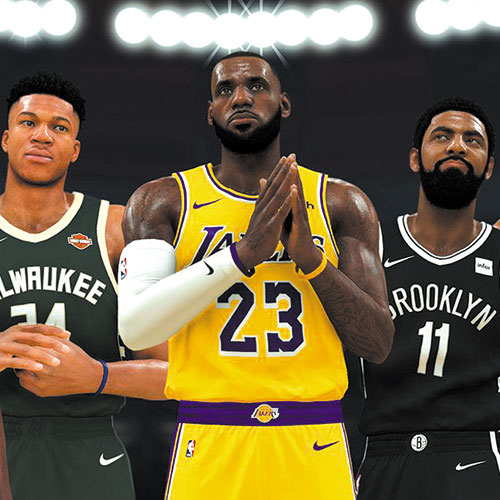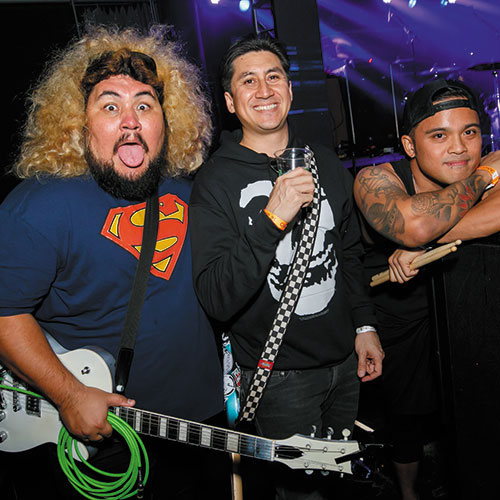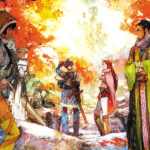PaigeFTW: Gamergate’s Shadow

Among the hot takes I didn’t expect to see in our post-Charlottesville world is that all of this — these racist, neo-Nazi rallies for Confederate values and heroes amidst violence, fury and death — can be traced back to Gamergate.
Lest we forget, Gamergate ostensibly began as a cry for “equity” in games journalism and devolved into an assault on women in gaming as a general whole.
Much had already been said about the similarities in rhetorical strategy between Gamergate and the alt-right movement, even before the events in Charlottesville. (A good article for background is The Guardian’s “What Gamergate should have taught us about the ‘alt-right.’”)
But I thought about it, and I think they’re right.
At heart, racism and sexism — all the “-isms” — are about fear.
It’s the fear of change — that, in Gamergate’s case, a traditionally male sphere will be altered, perhaps irrevocably, by the presence of women.
Things may stop being comfortable. Those who are in power now may find themselves shrinking in influence as new players enter the arena. And so they lash out, fearful to protect the status quo.
Laid out like that, these feelings make sense … but remain inexcusable when that fear manifests as cruelty and hate.
Given how many blockbuster titles star white, male protagonists, it seems baffling that anyone out there could work themselves into a rage because Horizon: Zero Dawn has the nerve to feature a heroine, and then further convince themselves that the game’s glowing reviews were simply “virtue signaling” because the game was “politically correct.”
And yet, it happened.
It seems so ironic that gaming spawned the origins of this beast — the one type of media that so easily allows empathy and immersion into other lives, other viewpoints. What better way to understand a woman’s struggle than to step into her shoes?
This medium may have spawned the precursor to the present day’s sad events, but it may also hold the key to our salvation.











